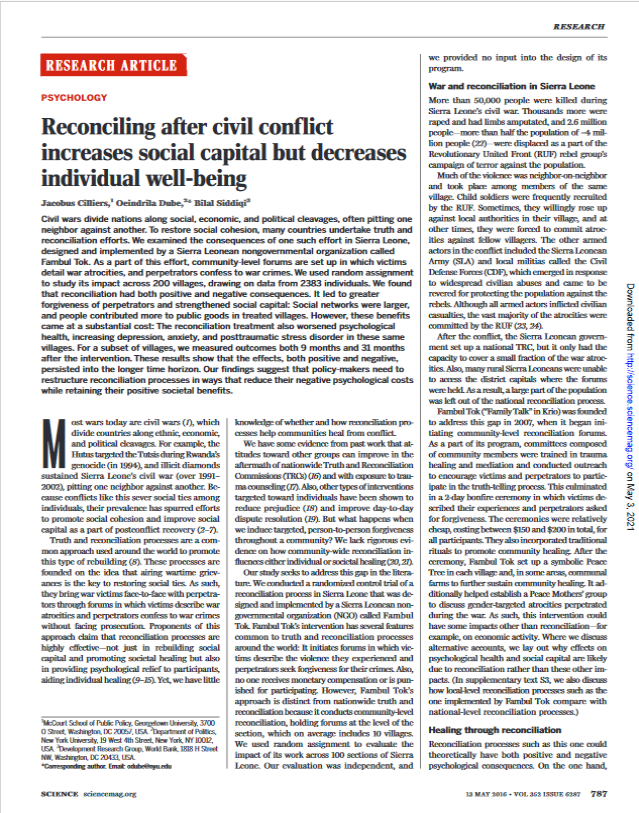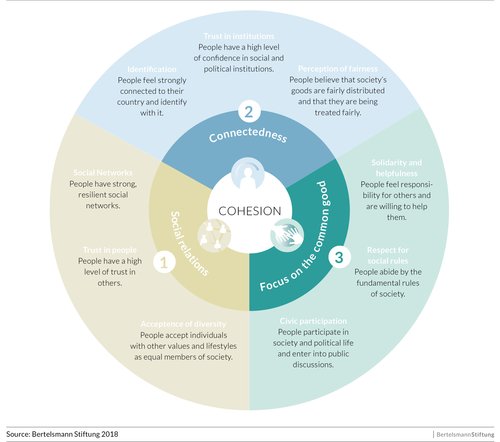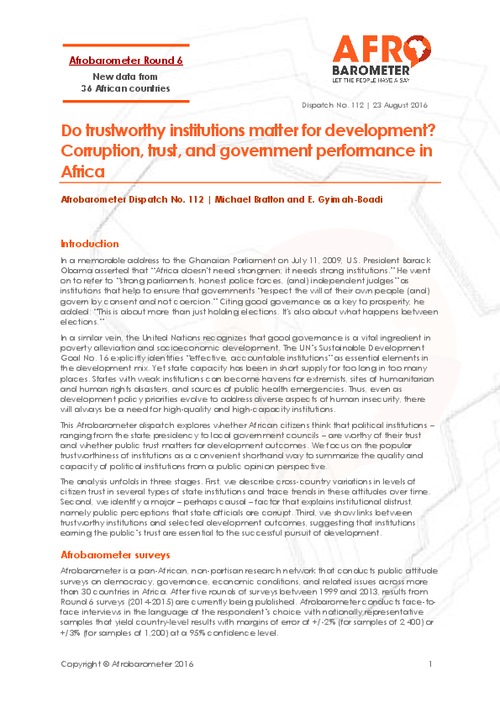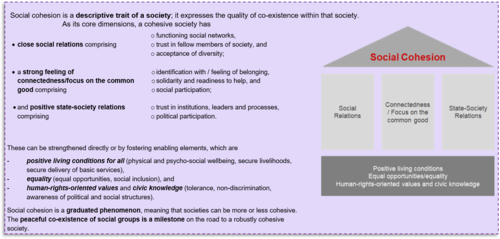Reconciling after civil conflict increases social capital but decreases individual well-being
Key facts
Identity/feeling of belonging
Participation
Cooperation
Summary
Civil wars divide nations along social, economic, and political cleavages, often pitting one neighbor against another. To restore social cohesion, many countries undertake truth and reconciliation efforts. We examined the consequences of one such effort in Sierra Leone, designed and implemented by a Sierra Leonean nongovernmental organization called Fambul Tok. As a part of this effort, community-level forums are set up in which victims detail war atrocities, and perpetrators confess to war crimes. We used random assignment to study its impact across 200 villages, drawing on data from 2383 individuals. We found that reconciliation had both positive and negative consequences. It led to greater forgiveness of perpetrators and strengthened social capital: Social networks were larger, and people contributed more to public goods in treated villages. However, these benefits came at a substantial cost: The reconciliation treatment also worsened psychological health, increasing depression, anxiety, and posttraumatic stress disorder in these same villages. For a subset of villages, we measured outcomes both 9 months and 31 months after the intervention. These results show that the effects, both positive and negative, persisted into the longer time horizon. Our findings suggest that policy-makers need to restructure reconciliation processes in ways that reduce their negative psychological costs while retaining their positive societal benefits.





